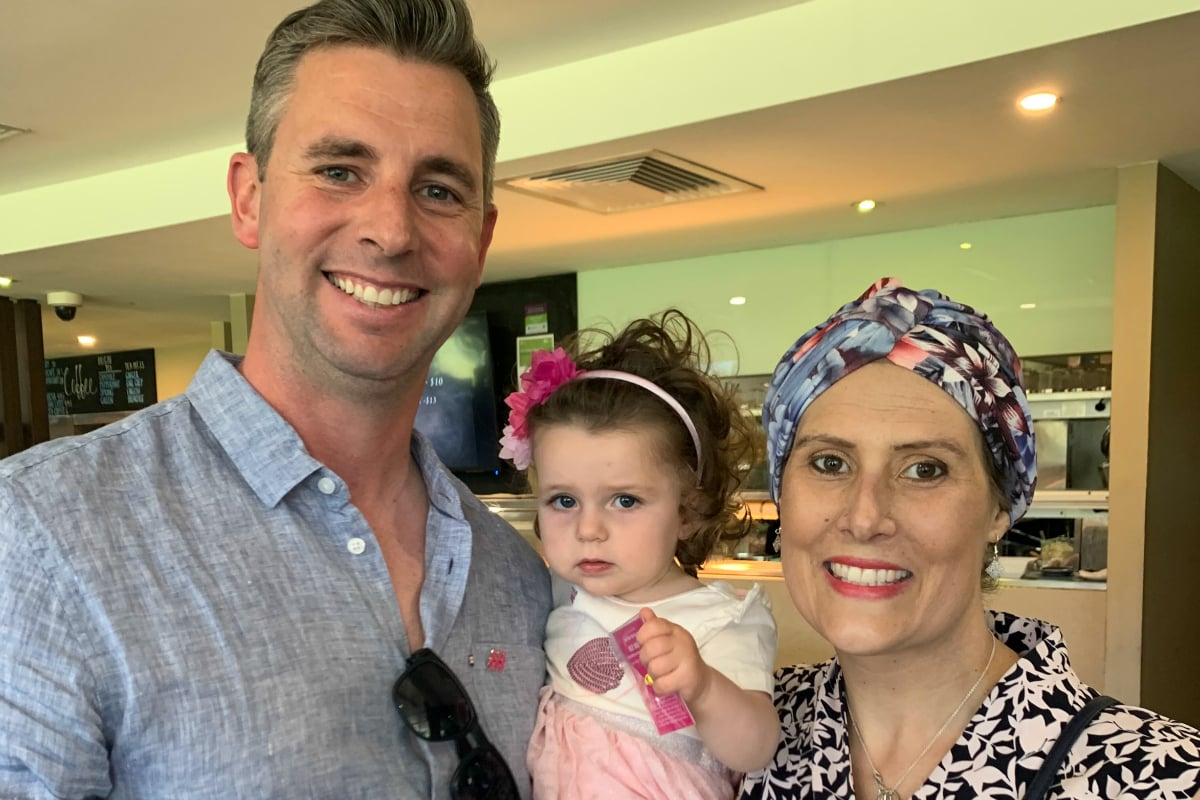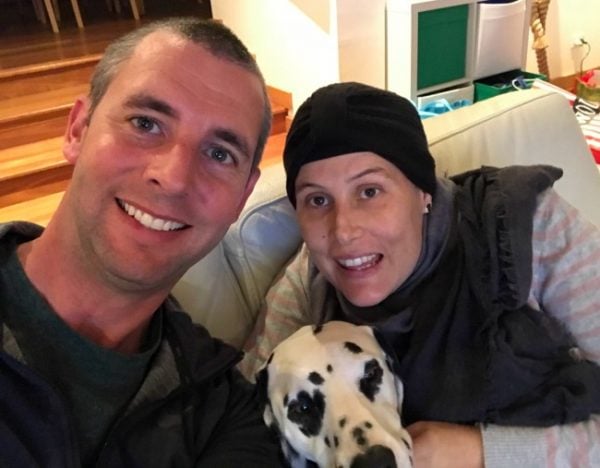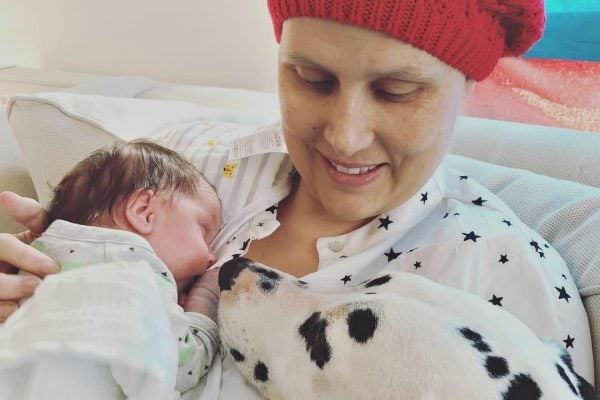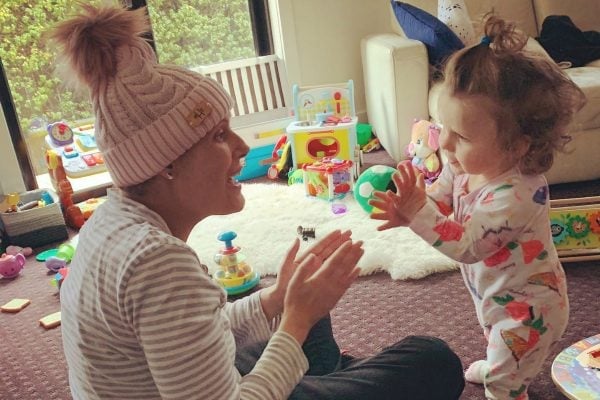
We don’t talk enough about death. Not frequently enough, not openly enough. Canberra woman Julia Domigan thinks it’s because we’re scared, “like we might bring it on quicker by saying something”.
She, on the other hand, is comfortable with that kind of conversation. The 35-year-old talks about her own mortality with a sort of matter-of-factness, an ease. It’s an acceptance she’s found only since knowing, more or less, when her day will come.
Julia, a lawyer and mother to a gorgeous 15-month-old girl, has terminal, metastatic breast cancer. She’s undergone radiation and is currently responding well to a new type of chemotherapy. Yet even though she’s “feeling good” right now, the inevitable could be just a few months away.
“We didn’t think that I’d make Christmas this year, but it looks like I probably will. And I love Christmas — I go crazy over Christmas!” she laughed. “So we get to plan what we’re doing in the holidays.
“But it doesn’t offend me for someone to say, ‘Jules, you won’t be here this time next year’, or ‘you’ll be dead,’ because that’s just true.”
“Having a cancer diagnosis was not the biggest thing that happened in my day.”
Julia was diagnosed in February 2018. She was 14-weeks pregnant at the time and living in Darwin for work with the Department of Defence, while her husband, Joel, was based in Canberra as a military helicopter pilot. She had a flight to see him booked that day.
“My husband calls me on my work phone, and he says, ‘Jules, the GP is trying to call you; you’re not answering your personal phone.’ I was kind of irritated that the GP was interrupting my day, so I called her back, and she said, ‘you need to come in quickly,'” Julia said.




